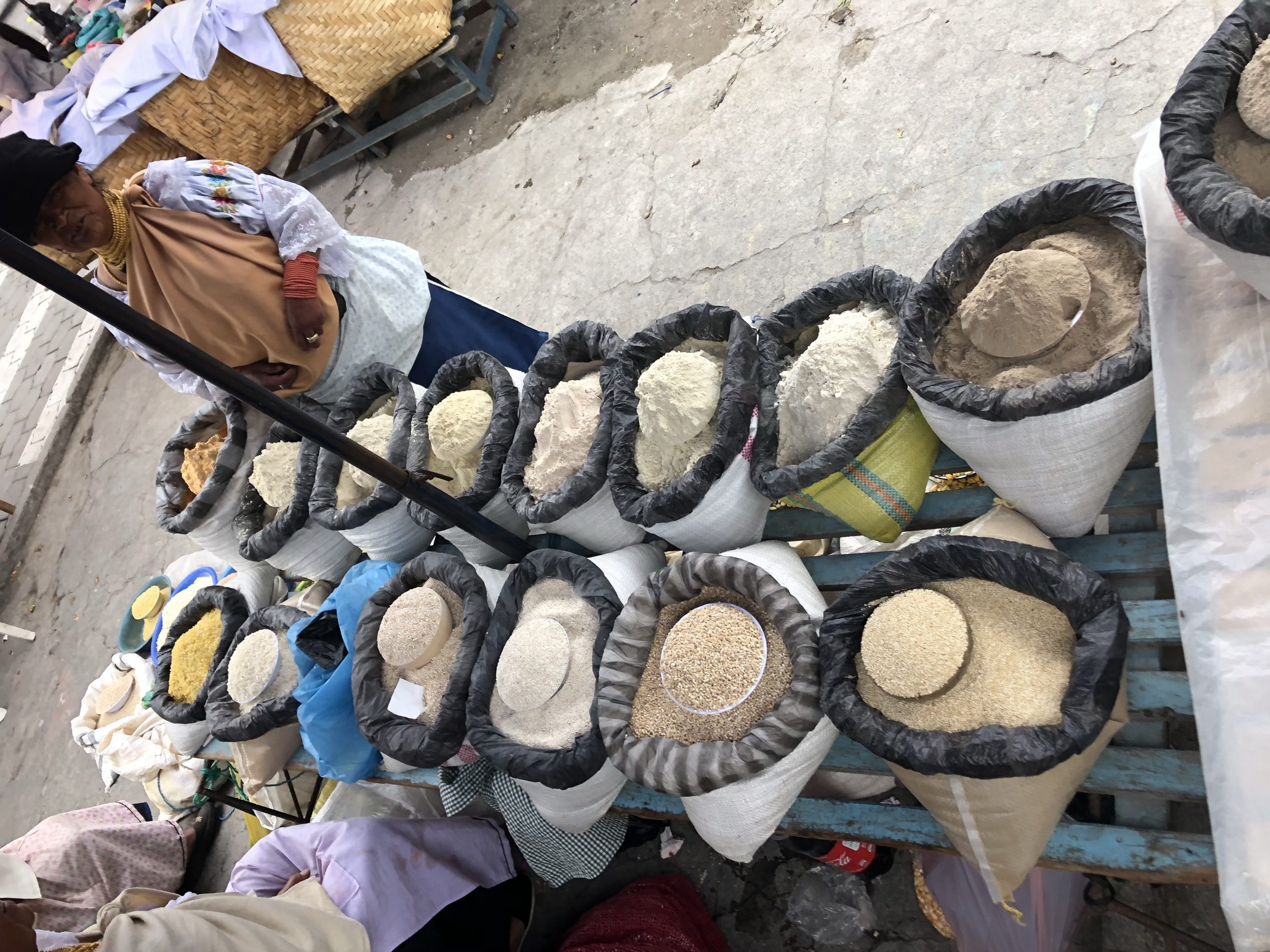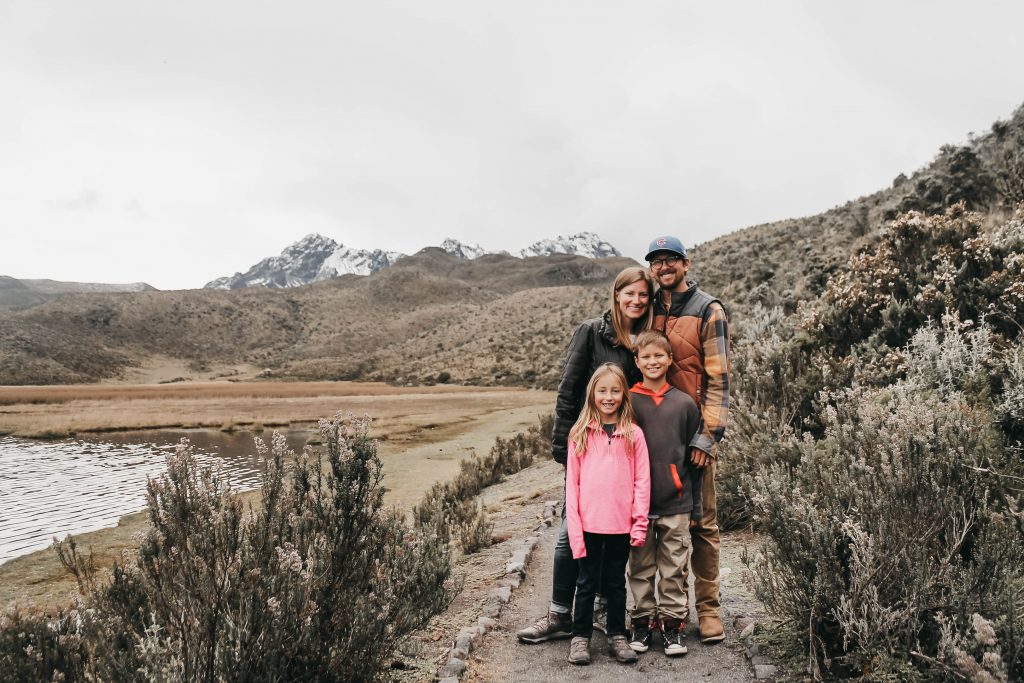words by chris
Work and vocation are related terms, but they are distinct from one another. A person might work as a server at a restaurant, but feel their vocation is in the arts. Some of us have the opportunity to work in our vocation. A colleague of our aforementioned artist might equally feel that hospitality is where their calling lies. While debating the merits and differences of the distinctions between work, occupation, and vocation I think at this time we can see how each of us contributes to the broader order of society. Those working in the health field are deservedly being elevated to hero status yet again…an occurrence in every crisis that we soon tend to forget. People are proposing to pay teachers a billion dollars each after having to take over the education of their own children. Yet, unfortunately we continue to cut education budgets and find future generations’ preparation the most expendable in a financial squeeze. These days we are also recognizing those who late at night stock shelves or deliver food. However, many in the service industries lack a living wage. We all make up the fabric of our working world.
Jenny and I have been filling our time by filling out applications for apartments. Like many forms these days we were asked for our income and our employment. It wasn’t always so. When you look at many census or immigration forms of the past or look through church baptismal rolls—which may be a pastime just I enjoy—you find they often used the word “vocation” rather than “occupation” or “employment.” Vocatus—called. It is an old word. It is a word that recognizes the dignity and importance of all work, from lamplighter to doctor, from fisherman’s spouse to teacher, from woodcutter to student, to farmer, to chambermaid, to lawyer, to accountant. When people made their mark and told officials their vocation, imbedded in the use of that word should be an understanding of the interconnectedness of all our work. While in these new times as in the old, hierarchies, prejudices, and disparities abound, perhaps we can return to recognize each other’s work. Perhaps even we can recognize and acknowledge each other.
Many in the world cannot afford to contemplate the differences between vocation and work. Without their daily wage—sometimes less than 1 dollar a day—people will starve or develop other health concerns due to a lack of nutrition. Some cannot get the medication they or a family member needs. Images last week from India showed thousands of such laborers—construction workers, domestic employees, hotel staff—trying to leave the large cities to get back to villages hundreds of miles away. Some walked those hundreds of miles. If they cannot work, they cannot eat, they cannot stay. This highlights the struggle many have in choosing to leave home in order to survive. Yet in a crisis and without paid work they have another calling, a vocation, to return to villages they came from and the support networks they had left behind. Here in Ecuador, many in our congregation were already struggling on the edge of survival week to week. Workers who have never been given access to a retirement fund or a fair wage, who have been denied bank accounts or saving funds, who have never been given affordable housing or social security. Some of these, the elderly pillars of our church, have worked for fifty or sixty years only to be forgotten by systems that do not honor the work they have put in— building, ironing, cooking, cleaning, teaching, mending, and bending.
Our true vocation right now is to care. To not turn callous or selfish when forced into such an opportunity. Many in our neighborhoods—underprivileged or otherwise— have weakened immune systems, medical complications, and respiratory conditions. Many in our neighborhoods may not be able to make ends meet without regular work or paychecks. Many in our neighborhoods will be or already have been touched by death.
Each death has a name, a human face, a family, friendships. Each death is connected to a life story made of sinew and bone, laughter and tears, the joys and disappointments of life. Each number on a tally encapsulates body, soul, and spirit—the meeting of human breath with divine breath. Our vocation is to remember their stories.
So our lives may be inconvenienced or we may be physically and materially struggling to make it through yet another day, another day without pay or connection. Whatever our circumstances we have the vocation of being human, of preserving life not our lifestyle. We have the vocation of being conscientious. We have a vocation to express our hope, not through denial, but through solidarity—by recognizing that all of us have value and all of us deserve to live. If you are able, reach out to support those workers who are suffering—support funds for all sorts of occupations—or vocations—abound. Reach out and encourage teachers, nurses, doctors, truck drivers and grocers. Reach out in order to recognize the vocation in being a part of our human family.
In some of the most ancient of Christian liturgies the Easter vigil begins with the liturgy of fire. A recognition of the renewing light and life that shines forth in darkness, that offers us hope to see in times of shadow and uncertainty. Nikolai Berdyaev’s description of “heavenly fire” seems appropriate in the midst of crisis and suffering, an especially cruel time for those who are most affected by unjust systems and have the least support. Berdyaev tells us, “every moral act of love, of mercy and of sacrifice brings to pass the end of the world where hatred, cruelty and selfishness reign supreme. Every creative act entails the end of the kingdom of necessity, servitude and inertia and the promise of a new and ‘other’ world, where God’s power is revealed in freedom and love.” May we be encouraged to create in the midst and in the aftermath of this long waiting a world of freedom and love.




Leave a Reply